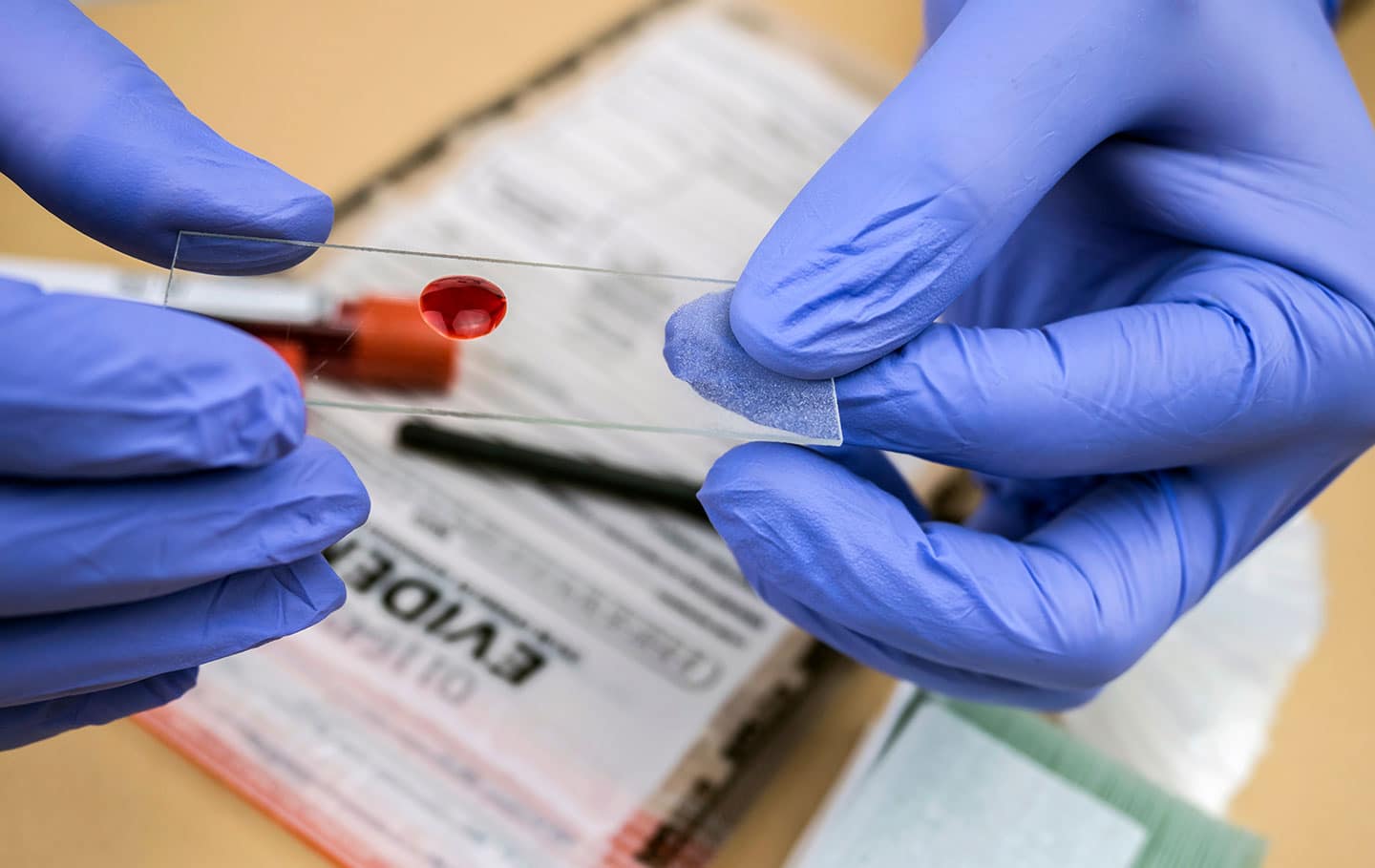
If law enforcement has arrested you for an alleged crime in Los Angeles County, it’s common to feel overwhelmed and concerned about how this event will impact your immediate and long-term future. Suddenly, your freedom is threatened, and you wonder whether you will have to spend time in prison, pay expensive fines, or contend with other negative consequences. Before you assume the worst, contact a seasoned and trusted criminal defense lawyer to discuss your situation. Many people facing a first-time criminal charge assume the process will unfold like cases portrayed on television or in the movies. They often wonder how DNA evidence will be used in their case, as evolving DNA collection and analysis technologies make this tool seem more popular than ever. Your attorney will answer your questions, address your concerns, and work hard to secure the best possible outcome for you, given the case’s specifics.
Understanding DNA Collection and Preservation
When a crime occurs, police and investigators may collect DNA samples at the scene and from the alleged victim. For instance, they may use blood, bodily fluids (i.e., semen, saliva, etc.), hair, or skin to collect DNA evidence. However, DNA must be collected extremely carefully to avoid contamination. Even seemingly minor events, such as spilling the sample or having it come into brief contact with the collector’s ungloved hand, can lead to contamination. DNA collectors must adhere to specific protocols and procedures when collecting and storing DNA evidence. Violations of these established protocols may result in invalid or unreliable results.
How Prosecutors Use DNA Evidence
DNA is unique to every individual. Prosecutors seek to compare DNA evidence collected at the scene of the crime to the defendant’s unique DNA. If they can establish a DNA match, they will work to use this match as evidence of the defendant’s guilt. For instance, prosecutors may demonstrate that the blood found on a murder weapon contained DNA matching the victim and defendant’s DNA, making it likely that these two individuals were involved in the incident. However, many criminal cases require DNA experts to serve as witnesses and interpret the DNA results. Prosecutors seek a high match percentage, and they will work to use this information to strengthen the case against the defendant.
The Accuracy and Reliability of DNA Evidence
Although some people assume that DNA evidence is 100 percent accurate, the reliability and accuracy of DNA evidence varies significantly depending on individual circumstances. Errors made during the DNA collection or preservation process can muddy or interfere with the accuracy of the results, rendering this evidence unreliable or invalid. It’s important to recognize that DNA evidence is not entirely accurate. Matching samples can be incredibly complicated, as DNA evidence is already somewhat contaminated at the scene (i.e., blood removed from clothing contains contaminants from the clothing’s materials and fibers). Prosecutors must rely on DNA experts to interpret the evidence and use their testimony to establish the defendant’s culpability.
How the Defense Handles DNA Evidence
Knowing that the prosecution is going to use your DNA to further its case against you can be stressful and intimidating. However, it’s imperative that you work with your criminal defense attorney to determine the best strategy for handling DNA evidence. For instance, just because law enforcement discovered a potential DNA match does not automatically mean you are guilty of the crime. Instead, your attorney may enlist an independent DNA expert to review the samples and test results to contest the opinion or testimony of the prosecution’s experts. To secure a conviction, prosecutors must prove your guilt beyond a reasonable doubt. Your defense attorney will work hard to question the accuracy and validity of the DNA evidence to keep your future as bright as possible.
Using DNA in Appeal Cases in Los Angeles County
It’s important to recognize that DNA evidence can also be used in criminal appeal cases. If you were convicted of a criminal offense in Los Angeles County, you and your attorney could appeal the ruling by using DNA results to establish that the DNA at the scene does not match your DNA. There are several strategies for approaching criminal appeals, so discuss your options with your attorney to determine the most strategic path forward.
Seek Legal Representation Today
Facing criminal charges of any kind can be overwhelming and frightening. Suddenly, you face an uncertain future, and you wonder whether you will have to spend time in prison, pay expensive fines, or face other types of punishments. This is not the time to leave your future in the hands of fate. Reach out to an experienced and aggressive Los Angeles County attorney right away to discuss your case. Your attorney will work tirelessly to secure the best possible outcome for you and your loved ones.
If you are facing criminal charges in Los Angeles County, call Wegman & Levin immediately at (818) 980-4000 to arrange a free consultation with a skilled and experienced criminal defense lawyer.

